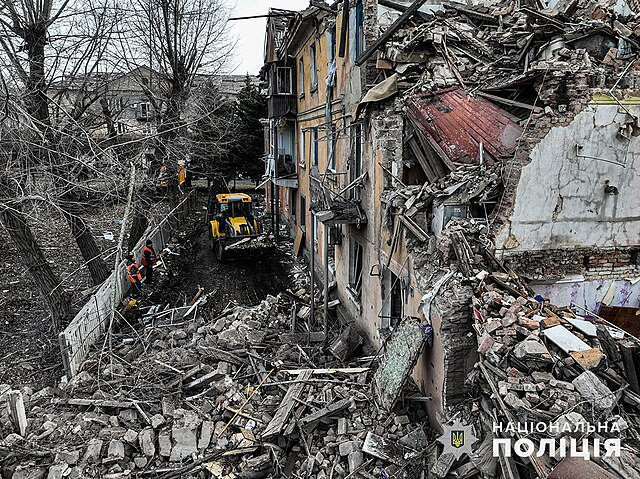North Korean ballistic missiles fired by Russian forces at Ukraine have shown a significant increase in precision over the past several weeks, according to senior Ukrainian officials. The improved accuracy-now landing within 50 to 100 meters of their intended targets-marks a stark contrast to earlier missile salvos, which were often off by one to three kilometers.
A senior Ukrainian military source, speaking on condition of anonymity, described the development as a "marked improvement" across all of the more than 20 North Korean ballistic missiles that have struck Ukraine since late December. A separate senior government official confirmed these findings, suggesting that Pyongyang is using the battlefield to refine its missile technology.
North Korea's growing military cooperation with Russia has raised alarms from Washington to Seoul. Weapons expert Yang Uk, a researcher at the Asan Institute for Policy Studies in Seoul, warned that these advancements could have global ramifications. "That can have a major impact on stability in the region and the world," he said, pointing to the potential threat North Korea poses to South Korea, Japan, and the United States.
The full extent of the modifications improving North Korea's missiles remains unclear. Ukrainian defense analysts have speculated that Pyongyang may have enhanced the navigation systems or added steering mechanisms to increase precision. A forensic examination of missile debris has not revealed major design alterations, though little physical evidence has been recovered due to the force of the explosions.
Russia began firing North Korean-made K-23, K-23A, and K-24 short-range ballistic missiles at Ukraine toward the end of 2023. Since then, Moscow has launched around 100 such missiles, according to Ukrainian military intelligence. While they represent a small portion of Russia's missile arsenal, North Korean missiles carry larger warheads-up to one ton-compared to Russia's Iskander-M, which has a shorter range and smaller payload.
The development of these missiles is closely linked to deepening ties between Moscow and Pyongyang. North Korea's leader, Kim Jong Un, met with Russian President Vladimir Putin in September, where they pledged closer military cooperation. Ukraine has accused North Korea of supplying not only missiles but also millions of artillery shells and even troops to support Russia's war effort.
In exchange, Russia is believed to be providing North Korea with advanced weapons technology, missile parts, and financial aid. South Korean intelligence reports suggest that Moscow may also be assisting Pyongyang's space program, raising concerns about further advancements in North Korea's long-range missile capabilities. "North Korea is getting something," said Yang, noting the strategic benefits Pyongyang gains from real-world testing of its weapons.
The United States and its allies have condemned Russia's use of North Korean weapons. U.S. Secretary of State Antony Blinken warned in November that the growing military relationship between Moscow and Pyongyang threatens global security and non-proliferation efforts. Meanwhile, dozens of international leaders issued a joint statement in January 2024, stating that "Russia's use of DPRK ballistic missiles in Ukraine also provides valuable technical and military insights to the DPRK."
Ukraine's military has yet to publicly disclose specific targets or locations affected by the latest missile strikes, citing security concerns. However, air force officials confirmed that North Korean missiles were used in Russian attacks on December 25 and December 31, as well as on January 13, 18, and 23.




